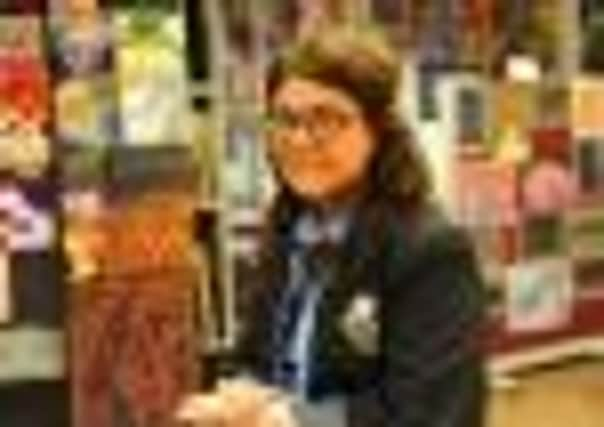Case study: ‘It had made me realise that people can trick you with compliments’


“It made me realise that while I thought ‘oh, I’d never do that’, people can trick you with compliments.
“I knew some things about internet safety, but not a lot. I learned how to keep myself to myself and what to do if something happened,” she said.
Advertisement
Hide AdAdvertisement
Hide AdThe project also explodes the myth of someone “over there” – that because pupils had not heard anyone talking about it, there was nothing to fear in their area.
Corrine, 15, said that Safer Choices had helped challenge those assumptions.
“At first I was thinking ‘no, that’s definitely not happening round here’ but then the more we spoke about it, I realised that maybe it was.”
Safer Choices also challenged the assumption that young people were to blame if they kept contact with a so-called “adult friend” on the internet.
“At the start, people in my class were saying it was their own fault for e-mailing them. But by the end, their views had changed,” she said.
Corrine said pupils had been taught how to seek help – identifying their “safe” people – adults such as teachers, including pastoral and guidance teachers, Childline or a GP they could go to.
Pupils were also taught what a friend is and is not, and what a real friend would not force someone to do.
She said the fact that teachers were told what was in the Safer Choices programme meant they would understand if a pupil approached them for help.